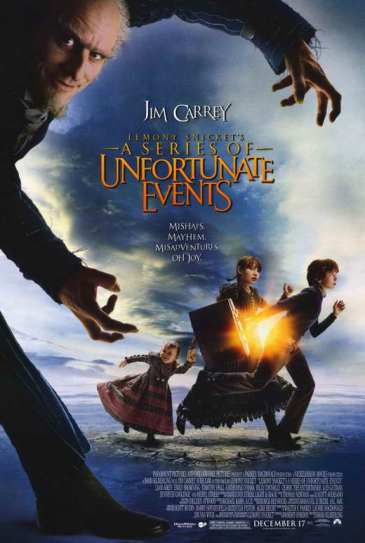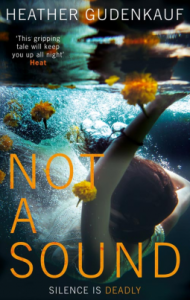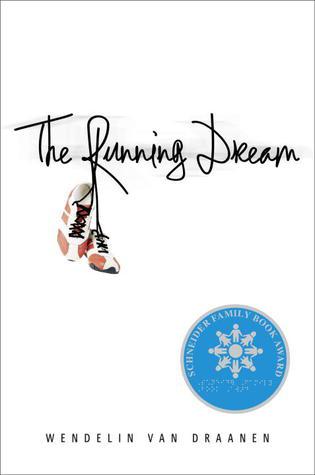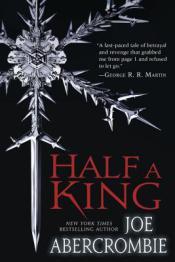
Deep Ellum
Texas
Over several years, for the month of June, I wrote about a short story that was available online each day of the month…. It seemed like a good idea at the time. My blog readership fell precipitously and nobody seemed to give a damn about what I was doing – which was a surprising amount of work.
Because of this result, I’m going to do it again this year – In September this time… because it is September.
Today’s story, for day 13 – Hop-Frog by Edgar Allan Poe
Read it online here:
Hop-Frog by Edgar Allan Poe
The eight ourang-outangs, taking Hop-Frog’s advice, waited patiently until midnight (when the room was thoroughly filled with masqueraders) before making their appearance. No sooner had the clock ceased striking, however, than they rushed, or rather rolled in, all together–for the impediments of their chains caused most of the party to fall, and all to stumble as they entered.
—-Edgar Allan Poe, Hop-Frog
Everyone has read Poe’s The Tell-Tale Heart in school. Everyone is familiar with The Raven, The Pit and the Pendulum, or A Cask of Amontillado. But I bet you haven’t read Hop-Frog.
It is a brutally simple tale of revenge and horror. Never one for subtlety, Poe goes for the jugular here, and delivers. I’m surprised this tale hasn’t been used more often (as has Poe’s other tropes) in modern horror films. It’s a yarn that holds up well, almost two centuries after it was written.
An interesting fact about the story is that, apparently, Poe wrote it as a literary “revenge” against a woman, Elizabeth F. Ellet, and her circle of friends. They had been trafficking in gossip about Poe and alleged improprieties to the extent that Poe’s wife felt they had driven her to her deathbed.
Don’t mess with a short story writer, or you will be immortalized in horror.
Poe on Writing:
I prefer commencing with the consideration of an effect. Keeping originality always in view — for he is false to himself who ventures to dispense with so obvious and so easily attainable a source of interest — I say to myself, in the first place, “Of the innumerable effects, or impressions, of which the heart, the intellect, or (more generally) the soul is susceptible, what one shall I, on the present occasion, select?” Having chosen a novel, first, and secondly a vivid effect, I consider whether it can best be wrought by incident or tone — whether by ordinary incidents and peculiar tone, or the converse, or by peculiarity both of incident and tone — afterward looking about me (or rather within) for such combinations of event, or tone, as shall best aid me in the construction of the effect.
—-from THE PHILOSOPHY OF COMPOSITION

Coal and coke fire, Frisco, Texas.
Advertisements Share this:




